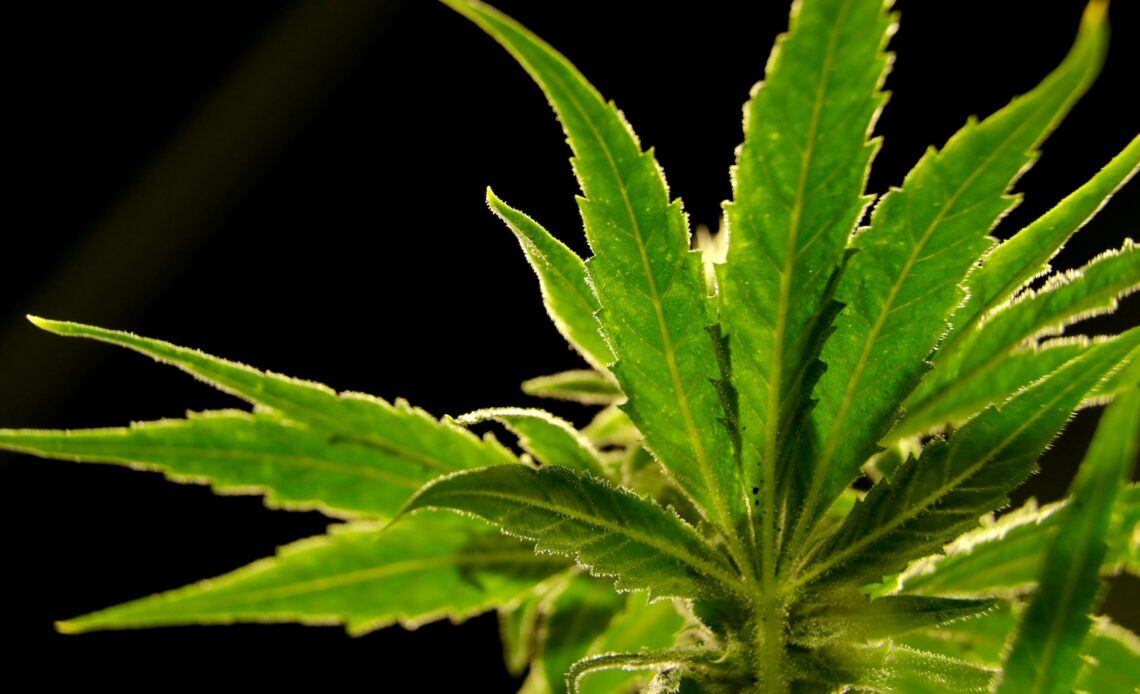With more Americans using ever-stronger marijuana, a federal advisory panel is calling for a public health approach that’s a big departure from “Just Say No.”
Thursday’s report proposes a health-focused strategy with the Centers for Disease Control and Prevention taking a larger role in cannabis policy than ever before.
“We’d like the federal government to step up to provide some leadership in this area,” said Dr. Steven Teutsch of the University of Southern California, who chaired the committee behind the National Academies of Sciences, Engineering and Medicine report. The CDC and the National Institutes of Health sponsored the report. A CDC spokesperson said Thursday that the agency would study the recommendations and that more money would be needed to implement them.
An estimated 18 million Americans report using marijuana daily or near-daily, more than the number who drink alcohol that often.
Today, 38 states and the District of Columbia allow the medical use of marijuana and many of those states also allow adult recreational use, with taxes and regulation of sales similar to alcohol. Florida voters will decide on recreational use in November.
Marijuana remains illegal under federal law, although the government is taking steps to reclassify cannabis as a less dangerous drug while still illegal.
Cannabis is getting stronger, with levels of the intoxicating compound THC rising. Twenty-five years ago, cannabis flower contained about 5% THC.
“Now you go into the stores, it’s hard to find products that are less than 20% THC,” said Beau Kilmer, co-director of the RAND Drug Policy Research Center and a report committee member.
Cannabis can ease chronic pain, but evidence on other health benefits has been limited by lack of research. The risks for heavy users include car accidents and repeated bouts of vomiting that can send people to the emergency room.
For teens, cannabis can get in the way of learning and increase the risk of mood and anxiety disorders. Regular use during pregnancy can raise risks for the baby.
Public health “took a back seat” as states passed cannabis laws, Teutsch said. “Financial interests played a substantial role in influencing those policies.”
According to the report, industry lobbying has prevented attempts in Washington state to limit THC concentration and attempts in Colorado to restrict pesticides in cannabis cultivation.
Aaron Smith of the National Cannabis Industry Association said states have protected…
Click Here to Read the Full Original Article at ABC News: Health…

